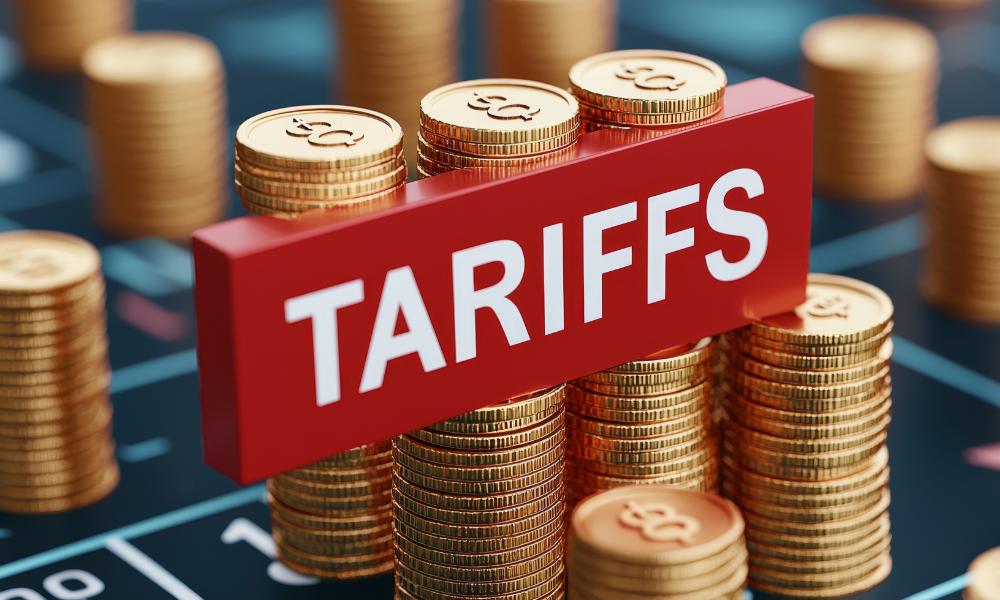

by Bloomberg News
While Americans doling out more for groceries and consumer goods would be the most probable outcome of President Donald Trump’s tariff hikes, it’s not the only one.
Consumers might, at times, find there are no goods to pay for as companies from Europe to Asia halt shipments of cars to video game consoles to the US. That follows Trump’s decision on Wednesday to slap new tariffs on imports from some 60 countries, including China and the European Union.
Here’s a look at what could go missing from American stores as businesses weigh the cost of additional tariffs, and mull reducing exposure to the market.
New Jaguar Land Rover vehicles may be hard to come by as the British carmaker said it’s putting exports on hold in April, as it deals with the new trading terms. Japan’s Nissan Motor Co. said it will stop selling two Mexican-built Infiniti sports utility vehicles in the US market.
Bloomberg News reported that Mercedes-Benz AG was considering withdrawing its least expensive cars from the US market as the new levies would make their sales economically unviable.
The bigger-than-expected import tax has also prompted Japan’s Nintendo Co. to delay the pre-order for its long-awaited Switch 2 gaming console. While the June 5 launch date remains unchanged, pre-orders for the device in the US won’t start on April 9 as originally planned. The company will announce a new date after assessing the potential impact of the tariffs and evolving market conditions, it said.
Award winning Japanese whiskeys may also run dry in the US, if Suntory Holdings Ltd. decides to divert products to Japan and other Asian markets if Trump’s tariffs make them too expensive for American consumers.
“If prices of Hibiki and Yamazaki become up too high for US consumers, we have an option of simply changing the target market,” Suntory President Nobuhiro Torii said in an interview. He noted that demand remains strong elsewhere, such as Asia and in Japan.
Copyright Bloomberg News

Blue Anchor Capital Management and Pickett also purchased “highly aggressive and volatile” securities, according to the order.

Reshuffle provides strong indication of where the regulator's priorities now lie.

Goldman Sachs Asset Management report reveals sharpened focus on annuities.

Ahead of Father's Day, InvestmentNews speaks with Andrew Crowell.

Cerulli research finds nearly two-thirds of active retirement plan participants are unadvised, opening a potential engagement opportunity.
Barely a decade old, registered index-linked annuities have quickly surged in popularity, thanks to their unique blend of protection and growth potential—an appealing option for investors looking to chart a steadier course through today’s choppy market waters, says Myles Lambert, Brighthouse Financial.
How intelliflo aims to solve advisors' top tech headaches—without sacrificing the personal touch clients crave
